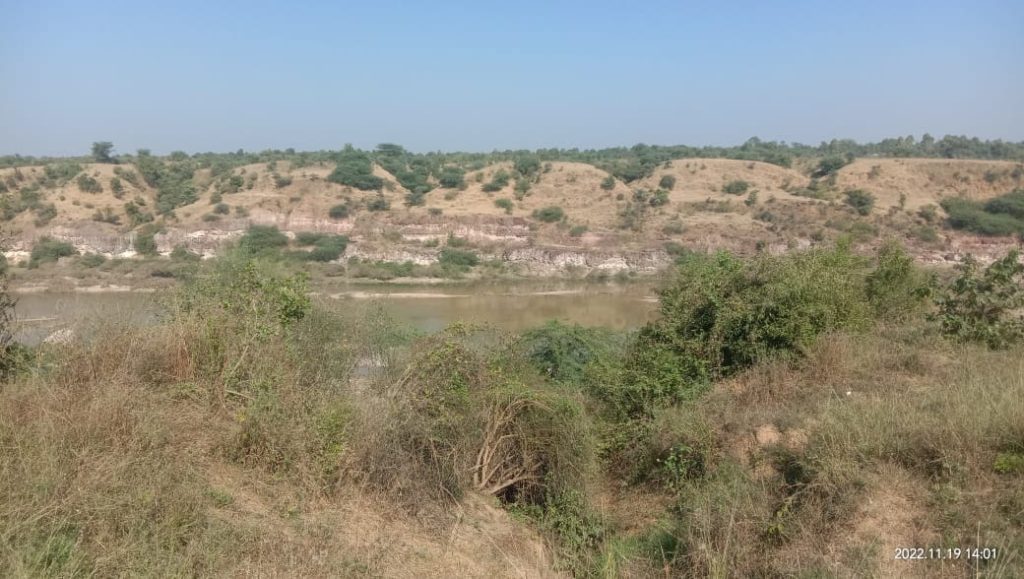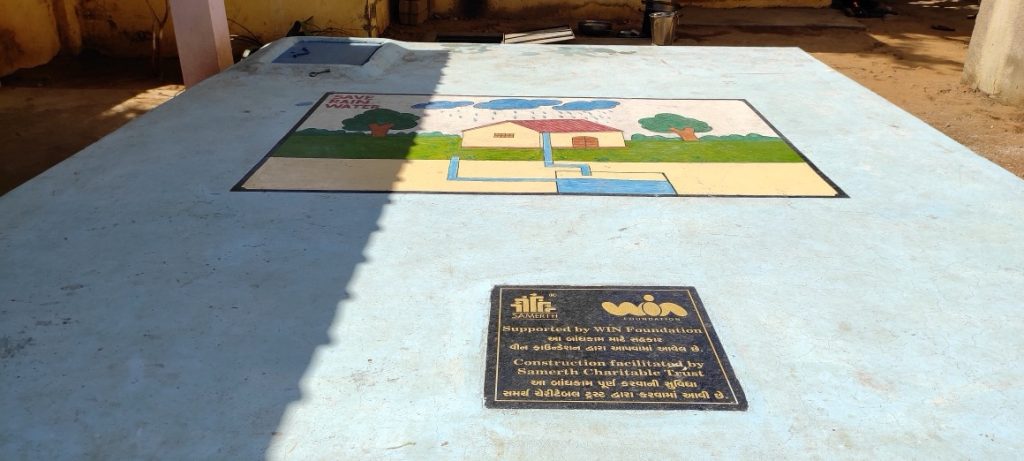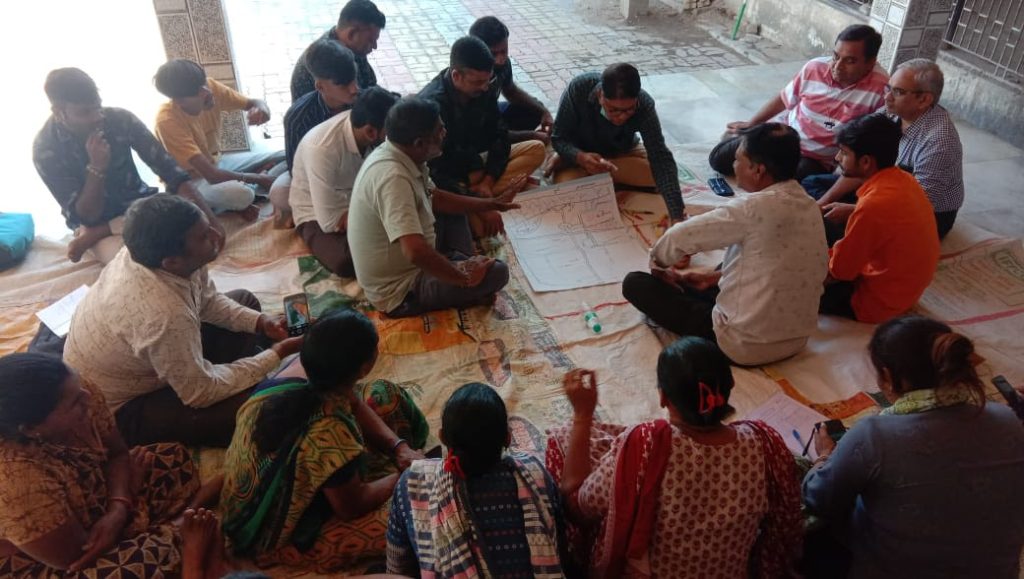Water And Society – Changing Perceptions In A Changing Climate – Of Socio Economic Perspective
An overview by WIN Foundation
Water, as the basis for all life on earth, has always been deeply interwoven with societies from the days of ancient civilizations. Societies evolved ways to harness water for agriculture and other needs, in diverse conditions, ranging from arid deserts, to tropical or temperate forests, to snow covered areas, and including plains, plateaus and mountains. In India, we have been blessed with good rainfall, and strong river systems. Our village societies evolved very complex water conservation systems in different regions, with skilled craftsmen and workers building and maintaining water systems. Most kings too funded water conservation systems, to enable more stable agriculture in their domains, in turn, increasing their own revenue. E.g. Shivaji, as part of his early stage initiative, supported local irrigation works, to enable stable agriculture. This in turn helped him not only earn stable revenue for his fledgling kingdom, but also enabled stocking of grains in his many forts, allowing his sardars to defend against the mughal invasion for long periods. The systems were locally maintained and the society was deeply connected, economically, socially and culturally, with water, whether in terms of rivers, ponds or other sources. The tribals too knew that the forests stored the water for them.

Modern lifestyles and high population has brought enormous pressure on water availability, both in terms of quantity and quality. Large scale centralized planning, coupled with large dams and canal systems, made our cities, villages and societies dependent on government for water needs and reduced the earlier close relationship between society and water sources and societies’ sense of ownership of water sources. Large scale industrial and human pollution further exacerbated the problems, as societies at local levels could no longer control the quality of water. This is further compounded by reduction in crop diversity, erosion of soil health etc.

We have now realized the need to bring back the community participation for water conservation. A community is kept together by not only its physical resource needs, but also cultural and social moorings. So, instead of thinking of water as merely a physical resource which only needs to be distributed fairly, a social and cultural approach can bring back the traditional Indian ethos around water. As our population is much higher now and our water needs too are very different than before, we need to adapt traditional methods with new technologies, products, services and processes, and weave them into our rural life. These can bring back vitality and sustainability to our rural societies and make them a full partner in our nation’s progress.
WIN Foundation water related projects are strongly focused on community participation, at multiple levels:
(i) involvement of village governing bodies like panchayat, water committee etc.
(ii) involvement of major groups like farmers, dairy farmers, women
(iii) training and creating local expert cadre of young men and women, with training in water security planning, conservation, water recharge structures, smart farming for small farms, safe drinking water, etc.

Smart farming support includes better soil health management, cropping practices, and post harvest practices. Our innovation support programs bring affordable, innovative and field usable products for water and soil health measurement and management, together integrated cloud based data management system to enable expert advisory at farm level for marginal farmers.
Our Women led nutri-garden projects aim to bring back nutrition on family table through crop diversity, better soil health practices and nutrition knowledge at grassroots.

Our digital business training enables such women and others in rural areas to extend their market reach. This enables a healthier local circular market and also ability to expand market to nearby areas, larger cities across India etc.
In all our programs, community is brought to the centre-stage, to enable it to take leadership and ownership of its destiny. There is further scope to create stronger cultural and social anchors for the community in this work, to bring greater health and happiness and make solutions more sustainable.

